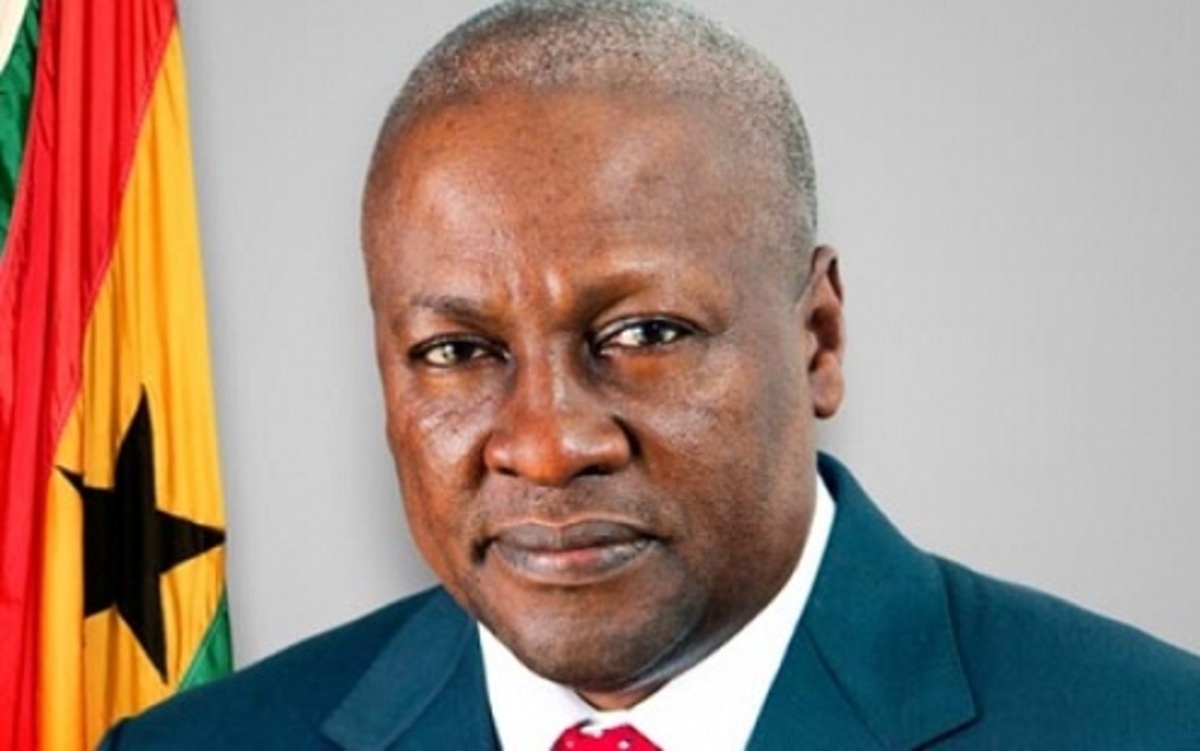According to John Mahama, “A nation’s greatness is not measured by its wealth but by the resilience and determination of its people”. And this was demonstrated during the last Presidential Election in Ghana as young people played a crucial role in his election as the President of Ghana defeating the incumbent Vice President with a wide margin.
Table of Contents
The Issues Before the Election
Ghana faced multifaceted challenges before the general election, some of which includes:
- Economic struggle: Ghana’s economic challenges leading up to the election were severe and widespread. The inflation rate soared to over 50% in 2023, one of the highest in the country’s recent history, significantly eroding household incomes. Additionally, the Ghanaian cedi suffered substantial depreciation, losing about 30% of its value against major currencies, exacerbating the cost of imports and living expenses. Unemployment, particularly among the youth, reached troubling levels, with estimates suggesting over 12% of young people were jobless, leading to widespread dissatisfaction and calls for change
- Unemployment: Many young Ghanaians struggled with limited job opportunity
- Infrastructure Deficit: Poor Road network and basic amenities has been on the public discourse for years
- HealthCare Gap: The COVID-19 Pandemic revealed several weaknesses with the Ghanaian Health Care system. According to our conversation with young people, majority of them believed that the current administration has been too slow in Expanding health facilities and improving the National Health Insurance Scheme.
- Among others
Leadership is about providing a vision and the direction needed to achieve it, not about the pursuit of personal power. – John Mahama

A Growing Force in Ghanaian Politics
With over 60% of Ghana’s population under the age of 35, Ghana’s youth demographic has become an undeniable political force. This is evident in the well coordinated campaigns that transcended from casual and social media conversation to a movement that demanded accountability and change.
Here are some ways that Ghana’s Young Generation Propelled John Mahama to Presidential Election Victory:
A United Youth Front
One of the challenges that faces coordination of youth in Africa is tribal, religious and political sentiment. The majority of Ghanaian youths rose above tribal and political sentiments, uniting behind a manifesto that aligned with their shared concerns.
This united youth front inspires the involvement of many first time voters who got their rhythm and push from young people with great desire and determination to contribute to the democratic process in Ghana.
Good governance is about transparency, accountability, and putting the interests of the people first. – John Mahama
Social Media: The Digital Battlefield
From Twitter space to coordinated hashtags, young people were ready to take their destiny into their own hands. You could sense their passion and love for Ghana not their religion or tribe through their online conversations. Although there were some outliners but over 85% of pooled conversations was a positive message that the Youth were ready to push for a change of government in Ghana.
Grassroots Mobilization
While social media was used to inspire online conversation, many young people also engaged in inspiring conversation offline to raise people’s awareness to issues before the election and the direction the Country should take.
From voters education, to townhall meetings, young people spent time in communities and villages, inspiring voters to participate in the election in order to make a difference with their vote.
“Democracy is not just about holding elections; it is also about delivering economic and social development” – John Mahama
Championing the Issues That Matter
The youth movement didn’t just identify problems; they pushed for solutions. Unemployment was a central focus, and Mahama’s campaign pledged a Job creation initiative, designed to provide practical skills training and job opportunities. On healthcare, he proposed an ambitious plan to expand rural health facilities and strengthen the National Health Insurance Scheme (NHIS), ensuring better accessibility for underserved communities.
These youth-led advocacy efforts shaped the national conversation, forcing candidates to address their priorities and outline clear policies to tackle them.
Creative Campaigning
The Creative aspect of Ghana’s electoral campaign was championed by young people. From Young artists to Influencers, campaign messages and material were developed in a way to not just rallied supporters
Ghana’s young artists and influencers also played a crucial role in energizing the electorate. Campaign songs, short films, and digital art pieces captured the essence of the youth movement. These creative expressions not only rallied supporters but also inspired pride and unity across the nation.
We must always remember that we are one people with one destiny, and that destiny will only be realized through unity – John Mahama
The Road Ahead for John Mahama
John Mahama’s victory is a powerful testament to the energy and determination of Ghana’s youth, who rallied for change and demonstrated their pivotal role in shaping the nation’s future. His popular quote, “Development is not just about building infrastructure; it is about improving the lives of our people,” underscores the expectations that now rest on his leadership.
As he embarks on this new term, Mahama faces the challenge of translating electoral promises into tangible outcomes. To achieve lasting progress, the youth’s involvement must extend beyond the ballot box to active participation in governance. By creating platforms for dialogue, collaboration, and innovation, his administration can channel the creativity and ideas of young Ghanaians to tackle the nation’s pressing issues.
Ghana has spoken, and its youth have proven their capability as change agents. It is now time for President John Mahama to deliver on his mandate, fostering unity, development, and opportunities that reflect the aspirations of all Ghanaians. The historic victory must mark the beginning of a journey toward a more inclusive and prosperous future

